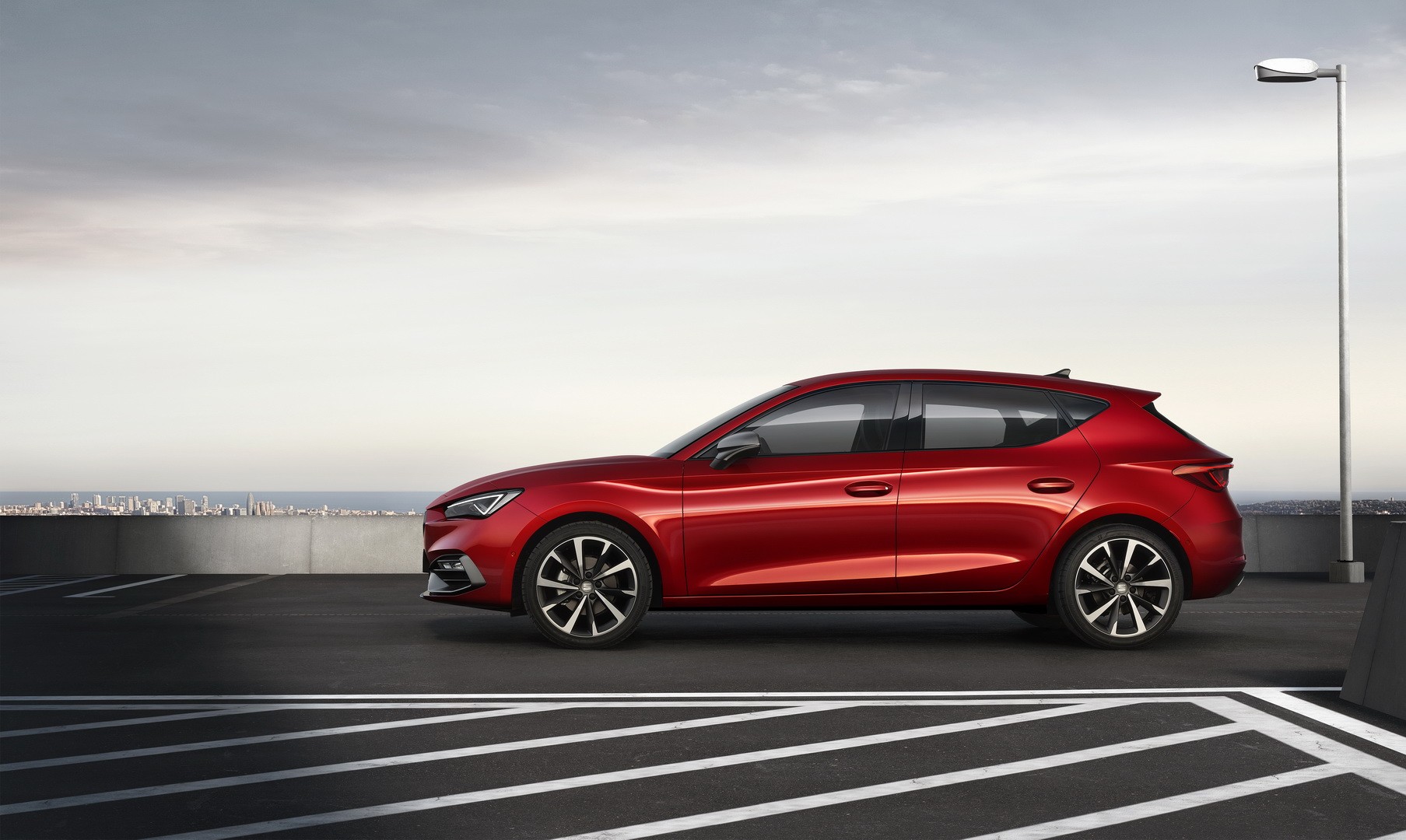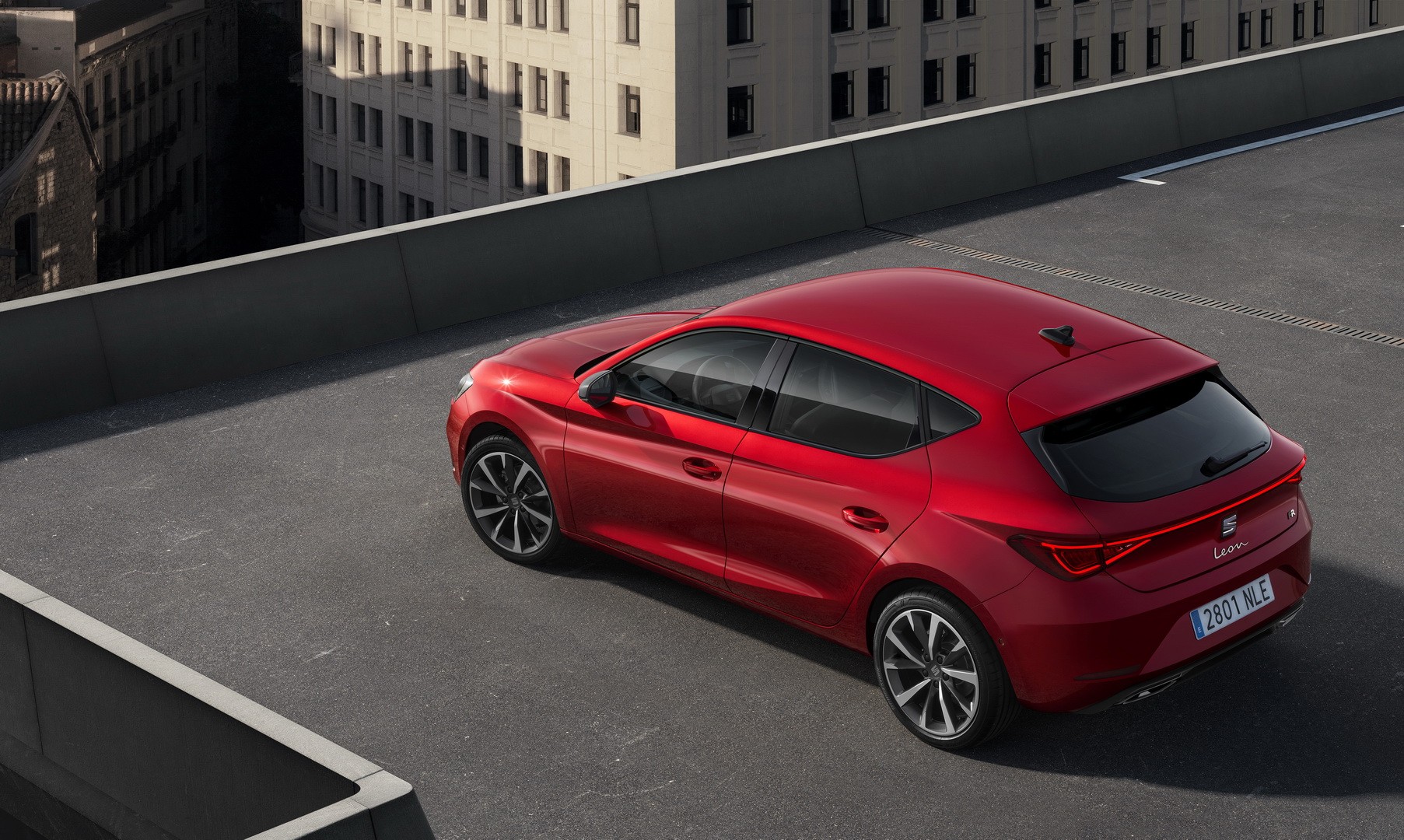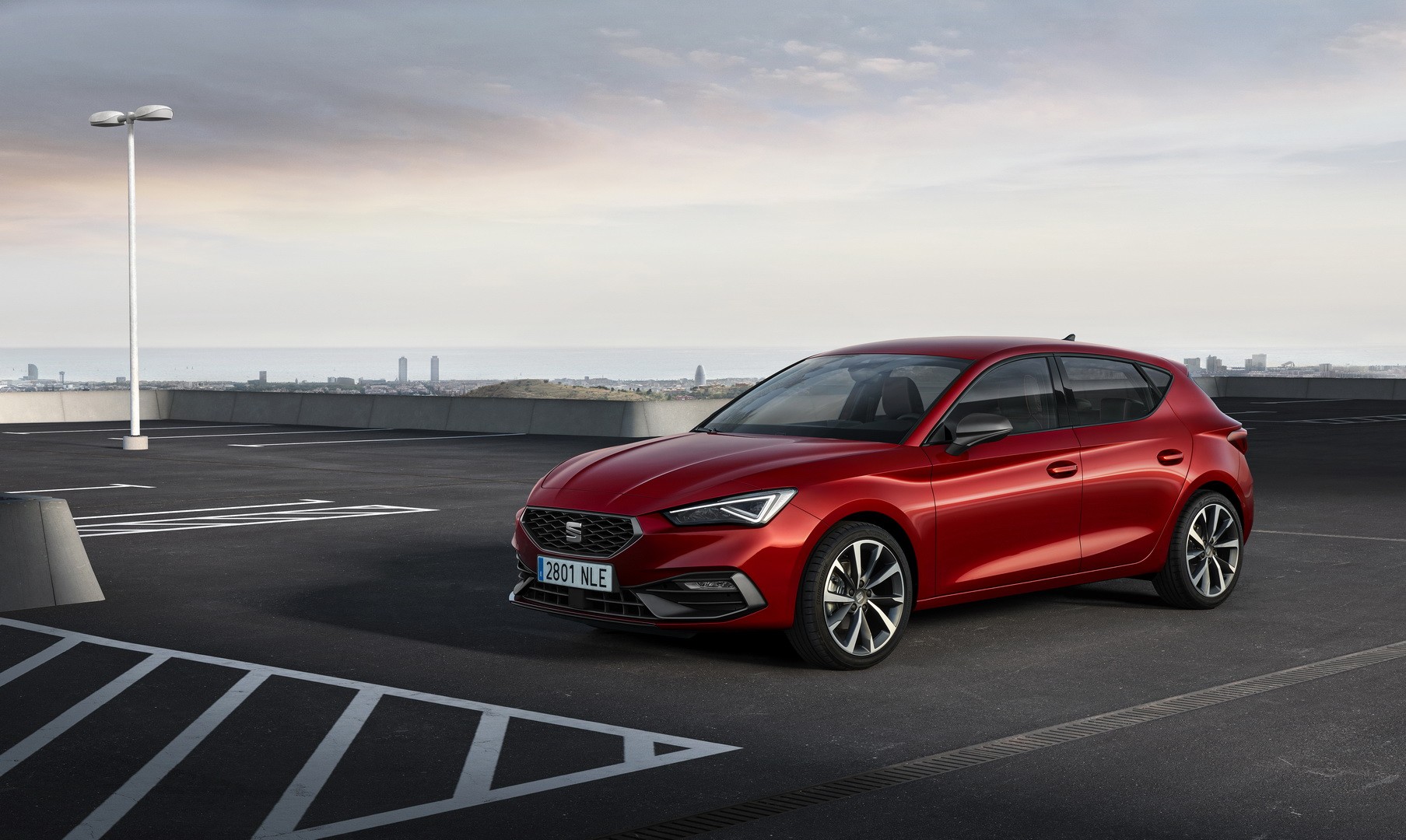The advent of internet-connected vehicles has ignited a fervent debate, with dystopian visions of government control and restricted mobility dominating the conversation. While these concerns are understandable, they often eclipse the undeniable advantages this technological leap offers.
In an era where information was once a precious commodity, meticulously sought through the stacks of libraries or the wisdom of elders, the internet has transformed knowledge acquisition into a swift and effortless process.

However, this convenience is not without its challenges. The relentless pursuit of search engine dominance by businesses has led to a digital world filled with irrelevant and misleading content. Yet, amidst this clutter, valuable information persists. Online forums, for instance, serve as treasure troves for troubleshooting, where experienced users generously share solutions to common problems.
The internet, when navigated wisely, remains an invaluable tool for learning, problem-solving, and connecting with others. While the future may hold unforeseen regulatory changes that impact our automotive freedoms, it’s essential to approach the present with a balanced perspective.
The internet, in its current form, is more often an enabler than a constraint. It has the potential to enhance our lives in countless ways, from simplifying daily tasks to fostering innovation and creativity.
For instance, connected cars can revolutionize transportation by optimizing traffic flow, reducing accidents, and providing real-time information to drivers. Moreover, the integration of internet connectivity into vehicles opens up new possibilities for entertainment, communication, and remote vehicle diagnostics.
While it’s crucial to remain vigilant about potential privacy concerns and government overreach, it’s equally important to recognize the benefits that internet-connected vehicles can bring. Ultimately, the true impact of internet-connected cars on our lives will depend on how this technology is developed, regulated, and adopted.
By fostering open dialogue, encouraging responsible innovation, and promoting consumer education, we can harness the potential of connected vehicles while mitigating risks. The future of transportation is undeniably intertwined with the digital world, and by approaching this evolution with a blend of optimism and caution, we can shape a future where technology serves our needs without compromising our freedoms.

Fortunately, Europe’s robust data protection framework, the GDPR, casts a long shadow over any intrusive surveillance plans involving remote speed monitoring. This comprehensive regulation imposes hefty penalties on entities mishandling sensitive personal data and strictly limits data collection and use.
While the initial announcement of remote speed fines sparked understandable concern, the GDPR serves as a formidable barrier against such overreach. Despite this legal safeguard, the growing emphasis on data collection, coupled with other automotive burdens like low-emission zones and escalating costs, has transformed car ownership into a complex and expensive proposition.
While the EU currently respects citizens’ privacy, the future remains uncertain. For now, traditional speed traps pose a more immediate threat to European drivers than remote surveillance.

